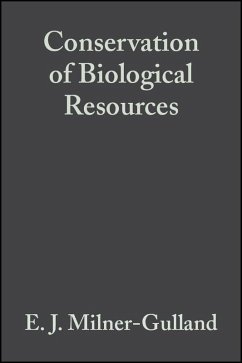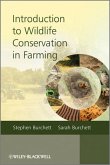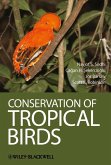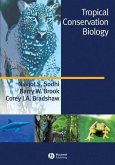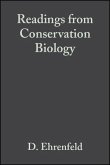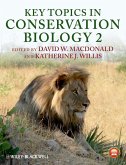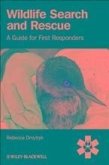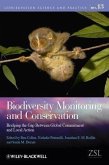This book presents the issues surrounding the conservation of wild species and ecosystems used by people. It is aimed at final year undergraduate and master's students taking courses in conservation, environmental management, ecological economics and related subjects, as well as conservation professionals, including managers, policy-makers and researchers. The structure of the book is ideal for a course in conservation, comprising a theoretical section written by the authors, and a set of ten contributed case studies intentionally diverse in discipline, geographical region and system of study. The theoretical section provides the knowledge that is needed to understand the issues, while the case studies can form the basis of seminars. Readers will emerge with a clear recognition of the difficulties of limiting the harvesting of biological resources to sustainable levels, and of the boundaries of sustainable use as a conservation tool.
The authors, an ecologist and an anthropologist, have both worked on the conservation and sustainable use of wildlife for several years, including the ivory and rhino horn trades.
The authors, an ecologist and an anthropologist, have both worked on the conservation and sustainable use of wildlife for several years, including the ivory and rhino horn trades.
- The first book to examine the issues underlying the sustainable use debate in a fully interdisciplinary manner. Both the theoretical section and the case studies approach the issues using methods from economics, ecology, anthropology and other fields
- Designed as a course textbook, combining a theoretical section with invited case studies written by expert practitioners in the field
- Outlines the new direction that conservation biology (and thus conservation biologists) must take if it is to be successful
Dieser Download kann aus rechtlichen Gründen nur mit Rechnungsadresse in D ausgeliefert werden.
"The book's coverage of ecological and economic theory of sustainable use, decision-making and practical considerations when applying the theory is beautifully done and very readable....... this fine volume is sure to be important and will set a standard for truly interdisciplinary work in conservation biology." Nature

